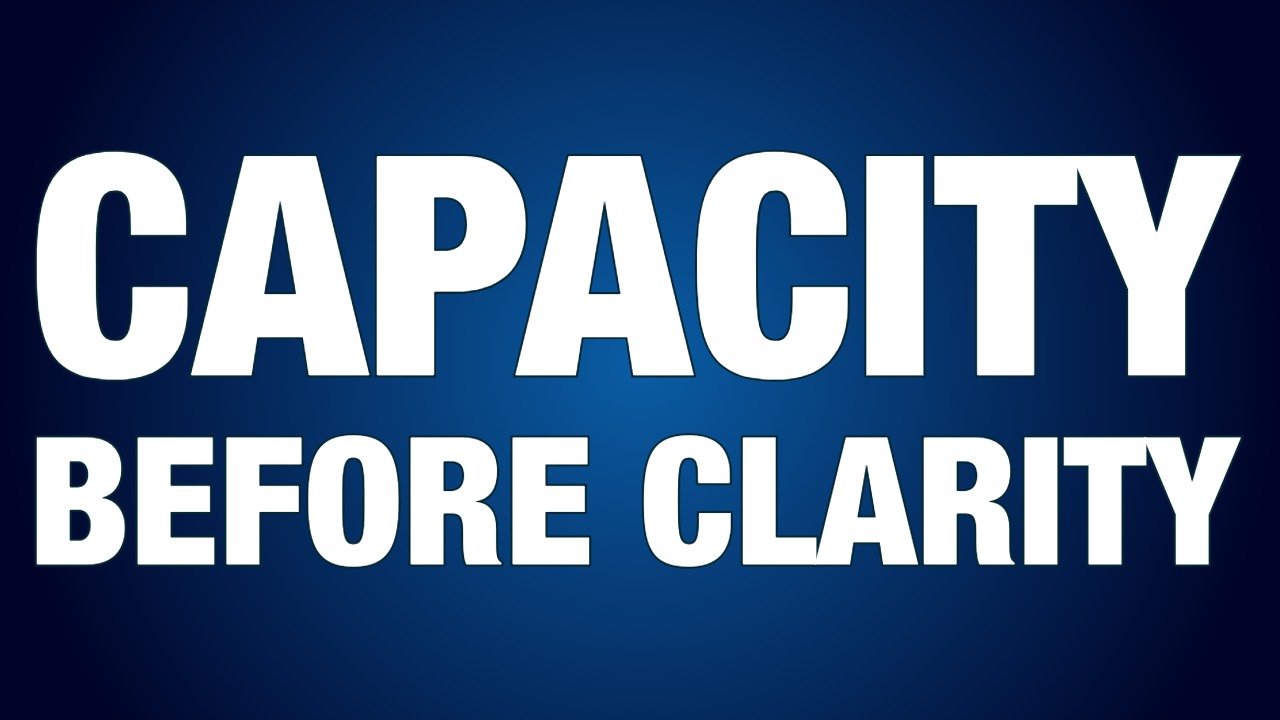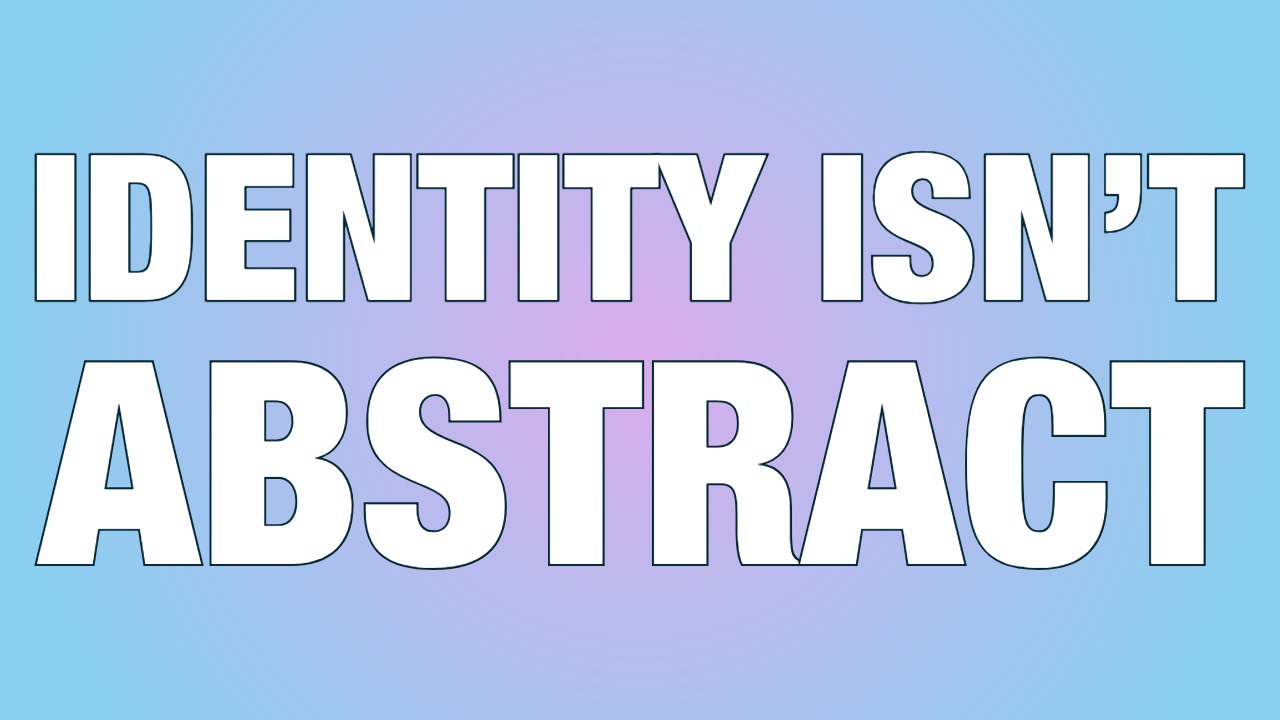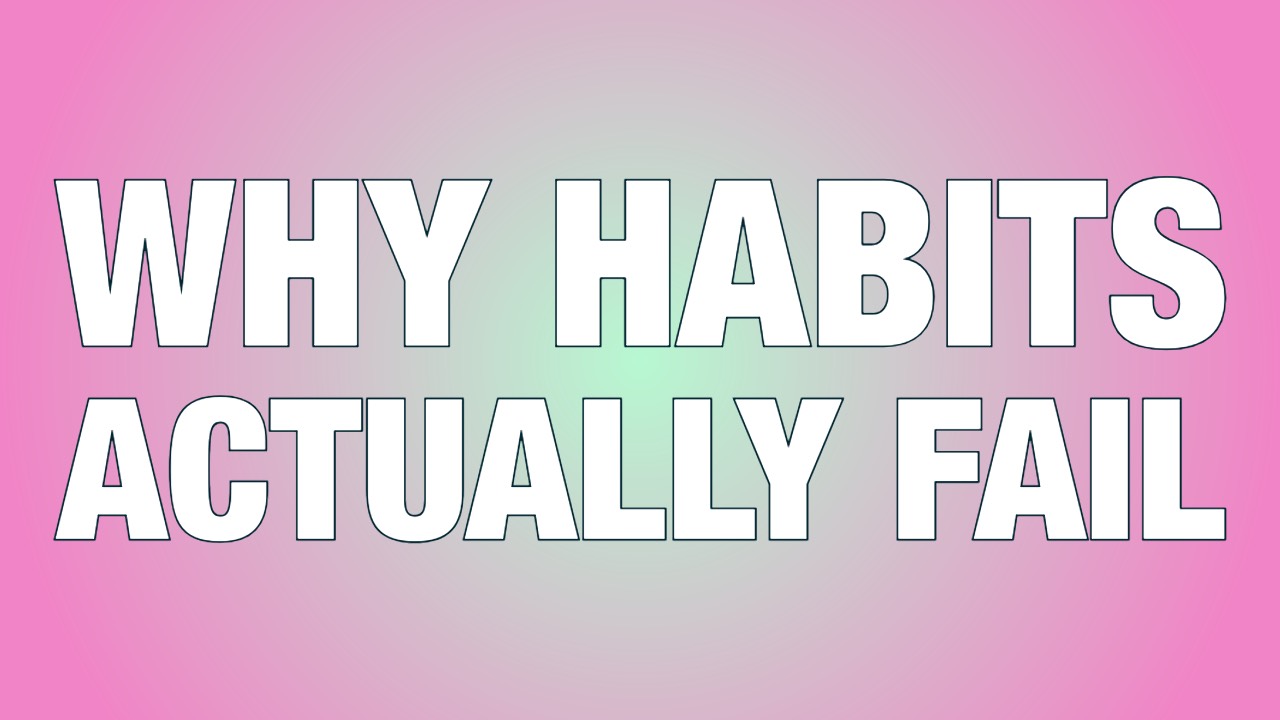The Myth of Escape: Why Real Freedom Is Commitment
How Purposeful Engagement Breaks the Illusion of Liberty
“Freedom is not the absence of commitments, but the ability to choose—and commit oneself to—what is most deeply meaningful. True liberty exists not in escape, but in purposeful engagement.”
— Nikolai Berdyaev
We live in an age addicted to escape.
We call it freedom when we swipe left, ghost people, quit jobs at the first sting of discomfort, and binge dopamine on glowing rectangles until our retinas buzz.
But Berdyaev, Russian philosopher and exile, had a hotter take:
Freedom isn’t running away. Freedom is the sacred act of choosing what to bind yourself to.
That sounds offensive to our Netflix-soaked ears. We think freedom means no strings attached. But no strings doesn’t mean freedom. It means drifting.
The Illusion of Unlimited Choice
Modern psychology has a name for this: choice overload.
Dr. Barry Schwartz’s research shows that too many options don’t liberate us—they paralyze us. Worse, when we do choose, we feel less satisfied. Why? Because unlimited choice creates endless regret. Every “yes” is haunted by the infinite “maybes.”
That’s not freedom. That’s consumer purgatory.
Commitment, on the other hand, simplifies. It burns away the noise. When you choose deeply and bind yourself fully, you stop drowning in options and start living inside a direction.
Neuroscience of Devotion
Commitment isn’t just spiritual—it’s neurological.
Functional MRI studies show that long-term commitment—to relationships, creative work, even spiritual practice—lights up the prefrontal cortex, the brain’s decision-making and meaning-making hub. When you devote yourself, your brain stabilizes. Stress reduces. Focus sharpens. Identity coheres.
By contrast, “freedom as escape”—constantly changing jobs, partners, paths—keeps the brain locked in fight-or-flight, with cortisol spiking every time you pivot. You might feel free in the moment, but your nervous system is living in chaos.
The Courage to Bind Yourself
Commitment has a bad rep in modern culture. We think of it as a trap. But in reality, the refusal to commit is its own form of imprisonment.
Think of it this way:
-
The artist who never commits to a medium stays forever “potential.”
-
The lover who won’t commit stays forever half-absent.
-
The seeker who won’t choose a path stays forever lost in the mall of spiritual consumerism.
To commit is terrifying because it kills fantasy. But it also births becoming.
Freedom Is a Forge
Here’s the paradox Berdyaev nails: freedom without commitment is emptiness. Freedom with commitment is fire.
Every time you choose something deeply—whether it’s a partner, a craft, a cause—you limit yourself. You burn bridges.But that limitation creates form. It sculpts identity. It forges character.
Michelangelo couldn’t carve David without subtracting marble. Likewise, you can’t carve yourself without subtracting options.
How to Practice Purposeful Engagement
-
Stop worshiping escape. Not every exit is liberation. Ask: Am I running toward something deeper, or just away from discomfort?
-
Choose one deep thing. A relationship, a craft, a discipline. Devote to it long enough that it rewires you.
-
Redefine freedom. Freedom isn’t “doing whatever.” It’s the power to live aligned with meaning.
-
Stay through the boredom. Commitment feels like hell sometimes. That’s not a sign to leave. That’s the heat where transformation cooks.
Final Word
The modern gospel says freedom is escape. But Berdyaev reminds us: that’s a lie. Escape just scatters your soul into fragments.
Real freedom is the opposite: to choose what is worth your life—and then give yourself fully to it.
Because in the end, you won’t be measured by how many exits you took.
You’ll be remembered for what you stood inside of long enough to become unrecognizable to your former self.
So ask yourself:
What’s worth binding yourself to?
Not someday. Not when it’s easy. But right now—while you still have the power to choose.




Responses